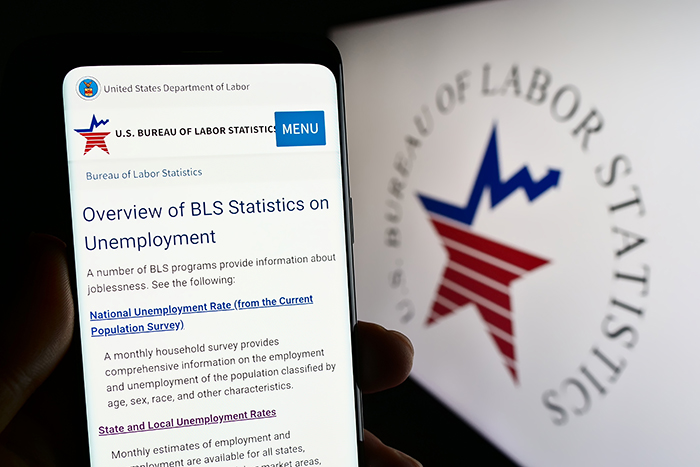In the wake of increasing measures against financial crimes, Congress enacted the Corporate Transparency Act of 2019, H.R.2513, in 2021, introducing a mandate for many U.S. companies to report Beneficial Ownership Information to the Financial Crimes Enforcement Network.
Designed to prevent the misuse of shell companies and opaque ownership structures by malicious actors, this legislation significantly alters the business landscape, according to small business advocates.
Understanding beneficial ownership reporting
The CTA targets companies broadly, with corporations, LLCs, and similar entities required to disclose details of individuals who ultimately own or control the business. Businesses, including those in irrigation and lighting, now find themselves navigating this new regulatory terrain, tasked with reporting their beneficial owners to FinCEN, a bureau of the U.S. Department of the Treasury.
“As currently constructed, the CTA’s requirements are likely to substantially change the way many small businesses operate,” says Reed Wescott, director of federal policy at the National Small Business Association. “They will have to begin the collection and reporting of loosely defined beneficial ownership information or face steep fines and potential jail time.”
Impact on small business operations
The act introduces the need to collect and report beneficial ownership information, a process complicated by the vague definition of a ”beneficial owner,“ according to Wescott. This ambiguity could include a number of individuals in its reporting net, potentially including advisors and family members involved in business operations.
“Since a beneficial owner is not well defined, this could cause companies to either collect and report sensitive information on individuals technically outside the law’s scope, or have to fundamentally rethink the way they conduct business,” he says. “It may change individual companies’ reliance on certain outside advisors, and is likely to substantially alter the practices of family businesses, where major business decisions are sometimes made at the dinner table.”
The definition of a beneficial owner, encompassing anyone with substantial control over a company’s business, finances, or structure, necessitates reporting to FinCEN.
“Anyone who has ‘substantial control’ over the business, finances or structure of a company is technically classed as a beneficial owner, and would need to be reported to FinCEN. This could encapsulate a vast swath of individuals, from advisors down to the family members of those who run small businesses. FinCEN itself clearly knows that this is wildly complex, as their Small Entity Compliance guide is 57 pages, and the separate FAQ document on beneficial ownership alone is 38 additional pages.”
Compliance challenges and resources
Representatives of the NSBA have voiced concerns and initiated legal challenges against the law’s complexities. Recognizing the burden on small businesses, the association has partnered with Wolters Kluwer, a professional services company with its U.S. headquarters in Philadelphia, to provide members with reporting solutions.
“We’re actively engaged in a suit over the law,” Wescott says. “In the meantime, we’ve also begun a partnership with the firm Wolters Kluwer to provide our members with access to reporting solutions, and would urge anyone interested to contact our membership department about the partnership.”
Financial implications
A survey from NSBA reveals that the anticipated compliance costs far exceed initial government estimates, imposing a substantial financial burden on small businesses, including those in the irrigation and lighting sectors.
“Our survey indicates that compliance costs are undoubtedly higher than the government initially projected,” says Wescott. “The average cost our respondents anticipated in their first year was $8,000 — more than three times the government’s own high estimates. This would amount to a $5.6 billion annual cost for small businesses.”
Future advocacy and support
Wescott says the NSBA remains steadfast in its support for small businesses, employing an approach that includes legal action and federal advocacy. The association’s efforts are aimed at mitigating the impact of the CTA while providing essential resources and guidance to navigate these new reporting requirements.
“Between our ongoing lawsuit and our parallel federal advocacy efforts urging delays and repeal, we’re pursuing every available remedy,” he says.





